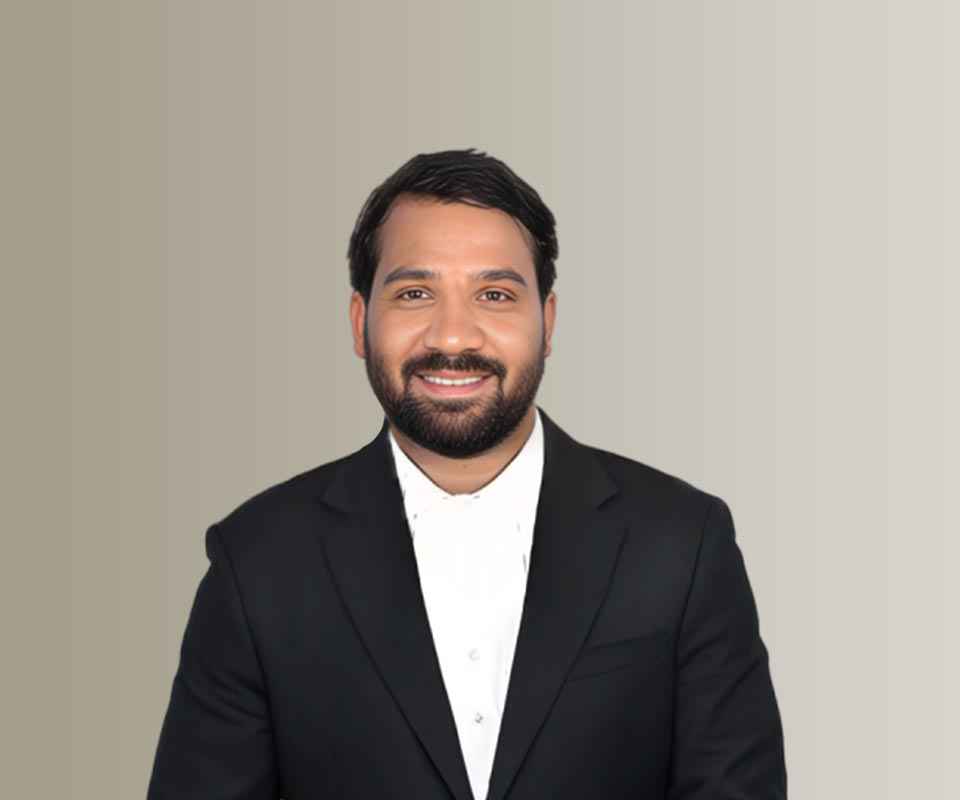Answer By law4u team
The Central Adoption Resource Authority (CARA) is a statutory body under the Ministry of Women and Child Development, Government of India. It plays a crucial role in regulating, monitoring, and overseeing the adoption process in India. Its primary mission is to ensure that children in need of care and protection, such as orphans, abandoned, and surrendered children, are placed in safe, loving, and legally secure environments through adoption. CARA is responsible for ensuring that the adoption process adheres to legal standards, follows ethical guidelines, and prioritizes the best interests of the child.
Functions and Responsibilities of CARA
Regulating Adoption Agencies
CARA regulates and accredits both government and non-government adoption agencies that are authorized to facilitate domestic and inter-country adoptions. These agencies are required to comply with CARA guidelines to ensure that the adoption process is conducted in a transparent and ethical manner.
It ensures that these agencies are licensed and meet the legal and operational standards set by the government. It monitors their functioning and holds them accountable for the welfare of the children.
Child Welfare and Protection
CARA is tasked with ensuring that children placed for adoption are in safe, secure, and nurturing environments. It works closely with Child Welfare Committees (CWC) to assess children who are orphans, abandoned, or surrendered to verify their eligibility for adoption.
It ensures that children are not placed for adoption unless they are legally free for adoption, meaning that the biological parents' rights have been relinquished or terminated following due legal process.
Overseeing the Adoption Process
CARA establishes and supervises the procedures for adoption, ensuring that the process is transparent, ethical, and in the best interests of the child. It sets the guidelines for home studies of prospective adoptive parents, ensuring they are capable of providing a loving and safe environment for the child.
The authority maintains a centralized database for matching children with adoptive parents, helping to ensure that the adoption is in the best interest of the child, and that no child is placed in an unsafe or inappropriate home.
Facilitating Inter-Country Adoptions
CARA plays a pivotal role in regulating inter-country adoptions, where children from India are adopted by foreign nationals. It ensures that the adoption process complies with the Hague Convention on Intercountry Adoption and international legal standards.
CARA oversees the clearance of inter-country adoptions and ensures that the child’s welfare and rights are protected during the process, including the documentation, legal requirements, and ethical practices involved in adopting a child abroad.
Monitoring and Evaluation
CARA conducts regular monitoring and evaluation of the adoption process to ensure that adoption agencies are complying with the standards and guidelines set by the government. It takes action against agencies that fail to follow legal procedures or compromise the welfare of the children.
It works to prevent illegal adoptions and ensures that adoption-related corruption or unethical practices are addressed. CARA also ensures that adopted children are given adequate support and care post-adoption.
Providing Awareness and Advocacy
CARA runs awareness programs and campaigns to promote ethical adoption practices and increase public knowledge about adoption. It seeks to dispel myths and misconceptions surrounding adoption, and encourages people to consider adoption as a means of building families.
The authority engages in outreach programs to educate prospective adoptive parents on the rights of the child and the adoption process, encouraging responsible and informed decisions.
Supporting Adoptive Families
CARA provides ongoing support to adoptive families throughout the adoption process and even after adoption. This includes offering counseling, guidance, and post-adoption support services to ensure the child’s smooth integration into the family.
It helps families deal with any challenges they may face during or after adoption, providing emotional support and connecting them to other adoptive families or resources.
Liaising with Government and International Organizations
CARA coordinates with various government agencies, such as State Adoption Resource Agencies (SARA), State Child Protection Societies, and the Ministry of External Affairs, to ensure that the adoption process is aligned with the country's laws and regulations.
It also collaborates with international bodies and organizations involved in adoption, such as the UNICEF and Hague Conference, to ensure that India’s adoption practices are in line with international standards and best practices.
Key Initiatives by CARA
Online Adoption System (CARINGS)
CARINGS (Central Adoption Resource Information and Guidance System) is an online platform launched by CARA to digitize the adoption process. It allows prospective adoptive parents to register online, track the progress of their adoption application, and stay updated with the latest information on available children.
The system also provides transparency in the process by offering a centralized database of available children, making it easier for parents to find a child based on specific criteria like age, gender, and medical needs.
Adoption Regulations and Guidelines
CARA issues regulations and guidelines to ensure that all adoption-related activities, including the matching of children with parents and the home study of prospective parents, are done in a fair and standardized manner. This ensures that the adoption process is conducted ethically and legally across the country.
Special Focus on Sibling Adoptions
CARA has guidelines for sibling adoptions, promoting the adoption of sibling groups rather than splitting siblings. It works to ensure that siblings are kept together in the adoption process, so they can maintain their bond and grow up together in a loving family.
Post-Adoption Follow-up and Welfare
CARA also oversees post-adoption follow-up, ensuring that adoptive children are well-cared for, and their well-being is monitored. This includes regular visits by adoption agencies to ensure the child’s welfare after placement and addressing any concerns faced by adoptive parents.
Example
Priya and Rohit, a married couple from Mumbai, decide to adopt a child. They approach a government-recognized adoption agency accredited by CARA. Their application is processed, and they undergo a home study to assess their suitability as adoptive parents. After several months, they are matched with a 3-year-old girl who has been declared legally free for adoption by the Child Welfare Committee (CWC). After the adoption is finalized, CARA ensures that the agency follows up with Priya and Rohit to monitor the child’s well-being and provide post-adoption support.
Summary
The Central Adoption Resource Authority (CARA) is the central body responsible for overseeing and regulating the adoption process in India, ensuring that all adoptions are carried out in accordance with the law and ethical standards. It plays a key role in protecting the welfare of children by accrediting adoption agencies, monitoring the adoption process, and facilitating inter-country adoptions. CARA also works to raise public awareness about adoption, provides support to adoptive families, and ensures that adoption agencies comply with legal and procedural guidelines. Through its initiatives such as CARINGS and its regulatory framework, CARA strives to promote ethical adoption practices and ensure that children are placed in loving and secure homes.







